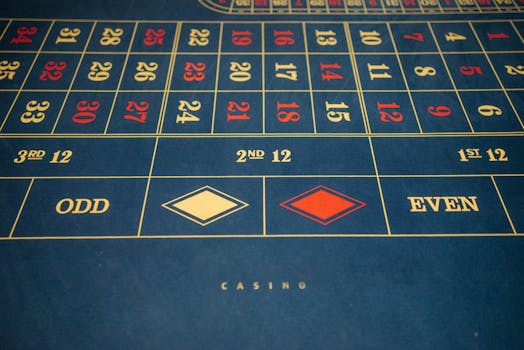The preference for frequent wins over larger, less frequent payouts is an intriguing aspect of human behavior that taps into deeper psychological and emotional processes. This choice impacts various areas of our lives, from how we engage with entertainment and hobbies to how we respond to marketing and rewards systems.
Why People Prefer Frequent Wins: A Closer Look
Psychological Satisfaction
Frequent wins trigger positive emotions continuously, which keeps the dopamine system in the brain actively engaged. This release of feel-good chemicals when a reward is obtained motivates individuals to continue the activity, hoping for more frequent, albeit smaller, rewards.
Sense of Progress and Achievement
Regular victories, no matter how small, signal progress. They make people feel like they are moving forward, which is crucial in maintaining motivation, especially in tasks that require prolonged effort. This is evident in video games where incremental achievements keep players hooked.
Risk Aversion
Many individuals have a natural aversion to risk. The prospect of frequent small wins is more appealing as it involves less uncertainty and potential loss than gambling on a large, uncertain payout. This preference can particularly be seen in financial decisions where the perceived risk is a significant factor.
Advantages of Frequent Wins
- Consistent Engagement: By rewarding users regularly, businesses can ensure continued engagement with their products or services. This is often seen in mobile apps and online platforms where user retention is key.
- Emotional Stability: Smaller, more frequent rewards help maintain a stable emotional state, avoiding the intense ups and downs associated with larger, sporadic wins.
- Encouragement of Positive Habits: In behavioral psychology, this is known as positive reinforcement. By frequently rewarding desired actions, it's more likely that such actions will become habitual.
- Potential for Reduced Satisfaction Over Time: The thrill of small wins can diminish if they become too predictable or if the rewards no longer feel meaningful.
- Addiction Risks: The continuous loop of small rewards can lead to addictive behaviors, particularly in scenarios like gambling or digital gaming where the next win is just a few clicks away.
- Marketing Strategies: Many businesses use frequent reward systems to build customer loyalty. For example, coffee shops that offer a free drink after every ten purchases tap into the desire for frequent rewards.
- Educational Tools: Educational apps often use frequent positive feedback to keep students motivated, whether through badges, points, or levels.
Disadvantages of Frequent Wins
Real-World Applications
Conclusion: Striking the Right Balance
Understanding the appeal and impact of frequent wins versus large payouts is crucial for both businesses and individuals. While frequent rewards can drive engagement and satisfaction, they must be balanced with meaningful achievements to sustain interest and value.
Call to Action
Reflect on your experiences with frequent wins in your daily activities. Are there areas in your life where adjusting the balance between frequent small rewards and larger goals could enhance your motivation and satisfaction? Whether it's revising your personal goals or rethinking a business strategy, a deeper understanding of this dynamic can lead to more fulfilling outcomes.

.png)





